Darren Walters founded No1 Property Guide to help guide renters into the property market. And education is the key to this. A key part of understanding your factual options is knowing how to organise your new home finance. While the Mortgage Managers at No1 Property Guide will handle your paperwork and apply for any grants on your behalf, knowing the steps you need to take and the tips and tricks to help get you started will be a big help!
So, get ready to familiarise yourself with your financial situation and what you can do to get into your new home sooner.
How Much Can You Afford for New Home Finance?
The best place to start if you’re looking to organise finance to buy your new home is finding out your borrowing capacity. And discovering how much you can afford to borrow. Generally speaking, your borrowing capacity is based on your income versus your debts.
Because every client is different, there’s no set amount that you’ll be able to borrow. The only way to truly find out what home finance you can afford is to get pre-qualified.
Traditional banks and lenders will only give you a general figure of what you can afford before you begin your application. This can have a lasting impact on you as every application registers a hit on your credit file. Darren’s unique pre-qualification system on the other hand is designed to give you a very accurate estimate of your borrowing capacity. Without leaving an enquiry on your credit file.
Most of our clients that now own their own homes tried their banks first and were declined on multiple occasions.
Darren’s proven system guides you from your initial enquiry right through to understanding all your factual options. And eventually into your own full turnkey house and land package.
Do You Need to Save for a Deposit to get Home Finance?
If you’re going to a traditional bank or lender, then a deposit is most likely mandatory. In many cases lenders won’t provide a home loan if you aren’t able to front a 20% deposit when applying for a loan.
And, even if they do offer home finance options, they will most likely add additional interest charges, higher repayments and add on expensive lenders mortgage insurance costs.
With Darren Walters’ no or low deposit system, you often won’t need a deposit at all, and No1 Property Guide can help find you the best home finance to get you into your dream home sooner. Of course, saving a deposit is definitely not a bad thing. And if you’re able to front a deposit you’ll find you have more options on your homeownership journey.
Saving for a deposit can seem impossible, especially with rising property costs across the country. With most traditional banks and lenders demanding a 20% deposit for new home finance, on top of additional fees and legal costs, it can be an uphill battle for renters to escape the rental nightmare.
Which is why Darren Walters and the No1 Property Guide team are dedicated to doing everything we can to help! Darren’s unique no or low deposit system has helped thousands of renters become homeowners and could possibly help you as well.
Whether you’re a first home buyer, have owned before or are looking to invest. No1 Property Guide has a home finance solution for you.
New Home Finance for First Home Buyers
If you’re buying your first home, then you’re in luck. There are plenty of grants available across Australia that provide first home buyers with additional funding and help with buying or building their first home.
No1 Property Guide can help renters take advantage of these grants to access their first homes sooner.
Darren has built an in-house team of passionate property and finance specialists that are individually trained in analysing your current situation to determine the best outcome for you.
This system has already helped thousands of people leave the rental market and into owning their own brand-new home.
The great thing about building your first home is that you should be eligible for the First Home Owners Grant in your State. This is contributed towards your deposit along with Darren’s Deposit Boost. This could add up to an additional $45,000 towards your new home.
When you choose No1 Property Guide as your new home specialists, we take care of these application processes for you.
Combine this support with our no or low deposit house and land packages. And you’ll be moving into your new home quicker than you think!
Getting Home Finance When You’ve Owned Before
If you’ve owned before and are worried you won’t be able to get back into the market, don’t worry! No1 Property Guide has helped plenty of previous homeowners get back into their own homes, even without a deposit or First Home Owners Grant.
As with every potential new homeowner, the first step is to get pre-qualified. Only after understanding your personal and financial situation will we be able to talk about your factual new home options.
Our Mortgage Managers will be able to find any grants in your area that you may still be eligible for. They’ll then combine that with Darren’s Deposit Boost to help get you into your new home.
Final Tips For Organising Your Finances to Buy a Home
Buying a home is a big venture, and once your new home build is underway you’ll have to start making loan repayments. So, before you take the plunge into homeownership, it’s a great idea to organise your finances so you’re fully prepared.
One of our best tips is to start budgeting as if you were already paying your mortgage. So, if your mortgage repayments are estimated at $500, pay your rent then put the difference into a savings account that you never touch. This will help get you used to paying your mortgage. And will even help give you something extra to put towards your loan repayments as well!
Of course, if your mortgage repayments are actually going to be less than your rent then you’re in a great spot!
Another tip is to go through your finances and assess what debits or recurring payments you have that are unnecessary. It’s easy to forget about a monthly subscription that you haven’t used for a while. But every little bit of savings can help you get a step closer to your dream home.
If you find you struggle with managing your finances by yourself, then consider a budget planner or app to help you out. These can be a great tool to help control your spending. And find ways you can cut back or save extra money.
Finally, try and repay any outstanding bills and debts. Things like car loans, personal loans and credit cards reduce your borrowing capacity. So, if possible, paying any outstanding or cancelling your credit cards will help increase your borrowing capacity and give you more new home options.
You May Like:
- What is a Good Credit Score for First-Home Buyers?
- First Home Owners Grant Increased to $30,000
- Self-Employed Mortgage Australia
- 4 Tips on How to Plan an Edible Garden
Turn Your Homeownership Dream Into a Reality
If you’ve decided it’s time to escape the rental nightmare once and for all, then contact No1 Property Guide today. Our New Home Specialists can work with you to tailor a house and land package to suit your borrowing capacity.
To get started, fill in our pre-qualification form which will allow our team to calculate your borrowing capacity and work out all your factual new home options.


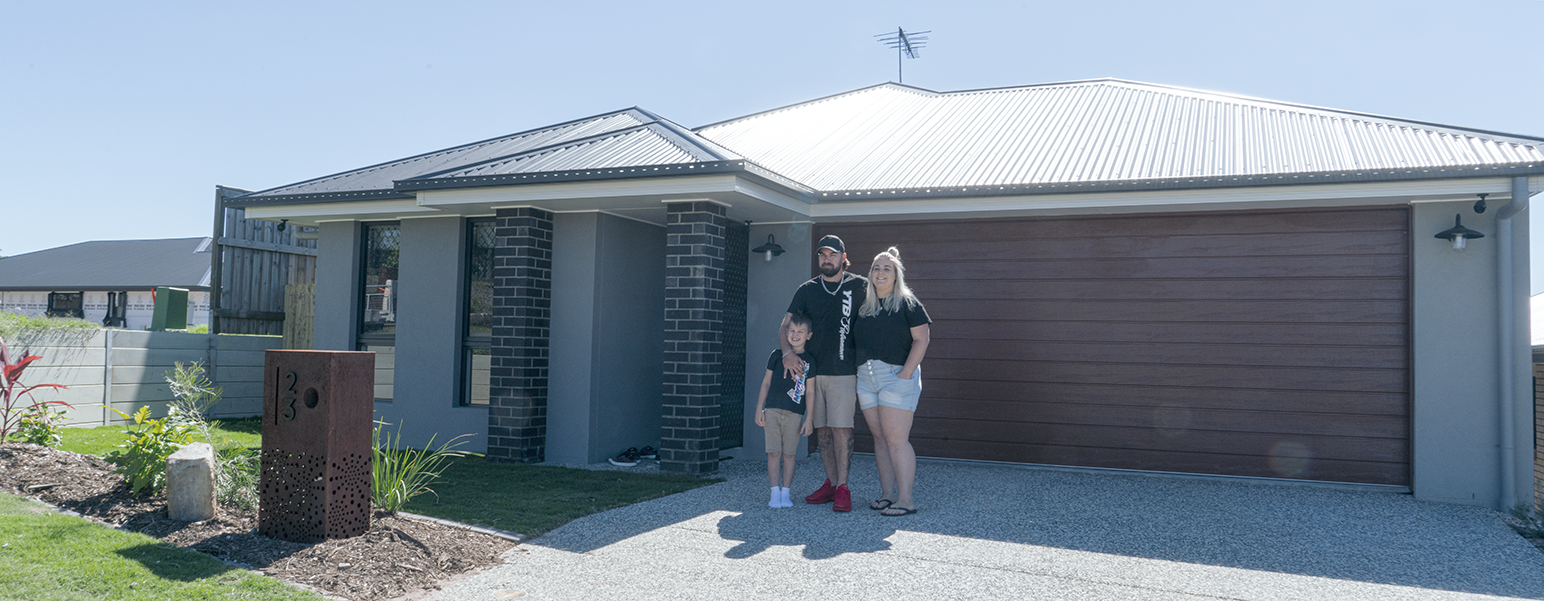
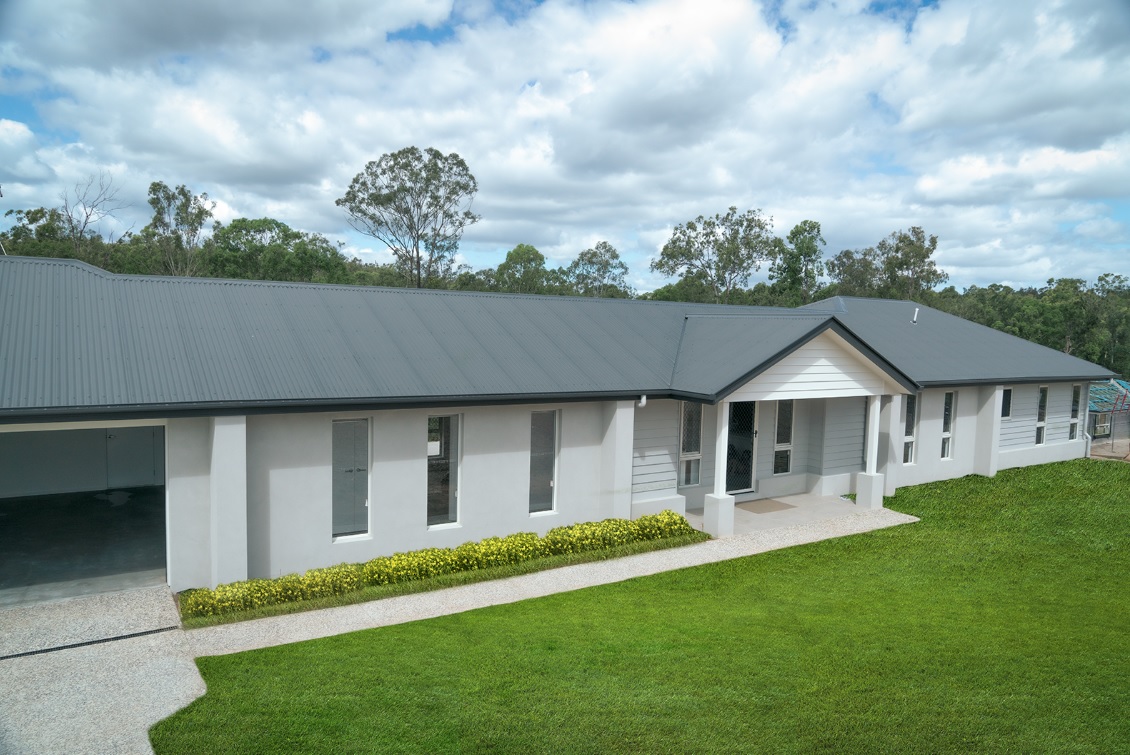
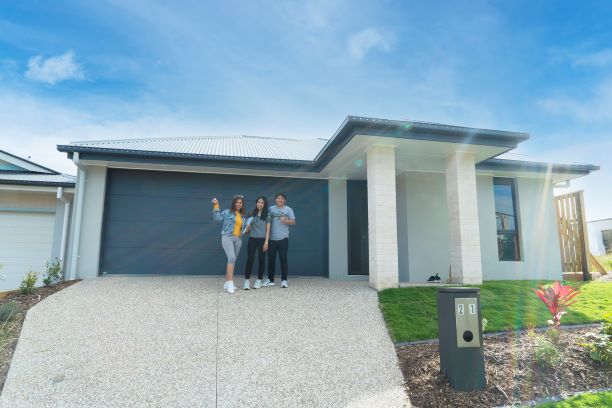
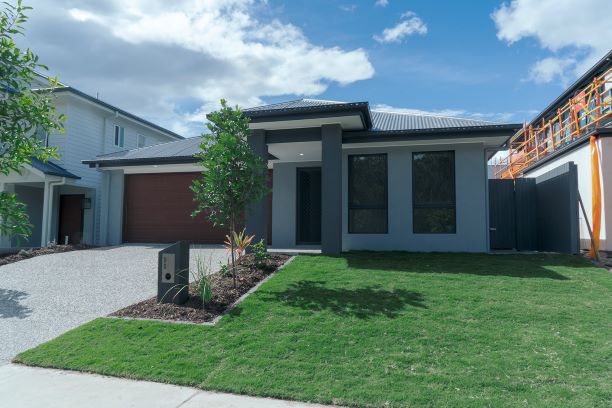
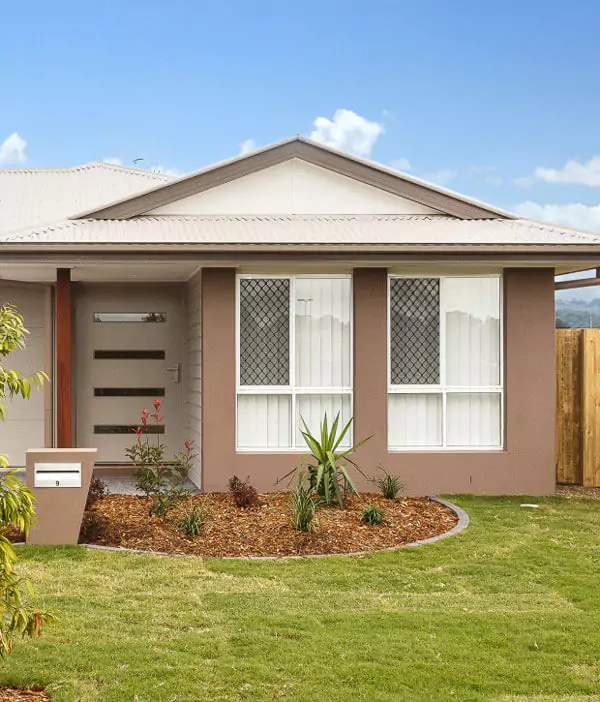
Leave a Reply
You must be logged in to post a comment.